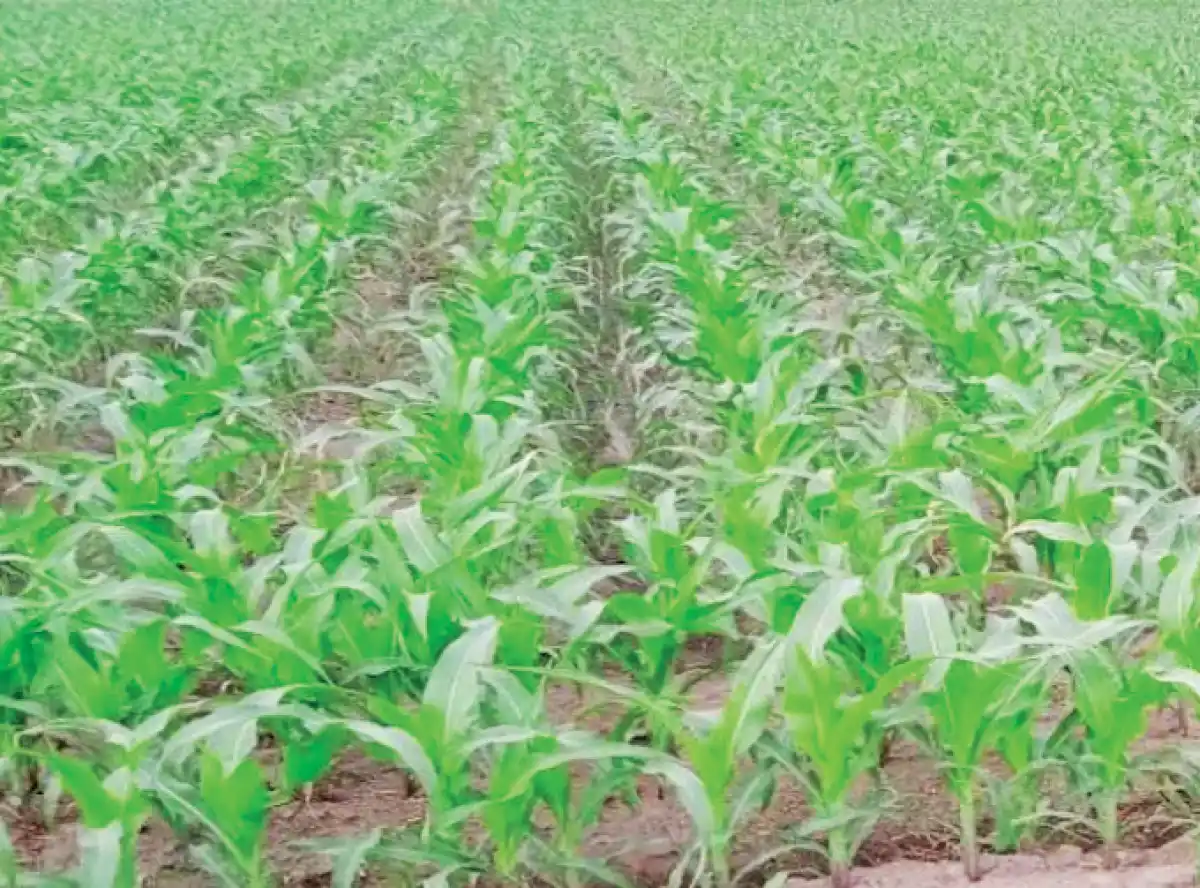
Director of the Mega Farms Unit in the Ministry of Agriculture, Afred Mwenifumbo, has said that maize production from the country’s mega farm initiative is projected to reach 250,000–300,000 metric tonnes in the 2024-25 growing season, provided favourable rainfall conditions persist.
In an interview with The Daily Times, Mwenifumbo said that about 900 farmers have so far registered for the programme and that if all participate, the initiative is expected to cultivate between 45,000 and 50,000 hectares of commercial maize.
“Farmers are being advised to plant by the 20th of this month to maximise yields,” he said.
Mwenifumbo added that farmers are currently redeeming fertiliser from distributors as part of a government-led distribution exercise that was delayed due to the late onset of rains.
According to Mwenifumbo, approximately 4,700 metric tonnes of NPK fertiliser have already been distributed, supporting cultivation across an estimated 23,800 to 40,000 hectares.
He added that all companies supplying fertiliser this year are receiving weekly payments to ensure smooth operations
“The programme will not compromise national food security, as it is balanced with smallholder farmer production. Surplus maize will be exported to generate foreign exchange,” Mwenifumbo said.
He added that plans are underway for maize milling and flour packaging, with targeted exports to markets such as the Democratic Republic of Congo (DRC), Mozambique and South Sudan.
The DRC, particularly Kinshasa, has been identified as a key market due to its food deficit and strong purchasing power.
But agriculture policy expert Leonard Chimwaza has warned that the projections from the mega farms initiative could subjective.
“They are based on the production inputs accessed by the mega farmers and the projected hectarage. The first-quarter outlook presents a gloomy picture of the crop production estimates.
“Most of the mega farmers received their production inputs late and dry spells have also affected the initial crop establishment in the fields,” Chimwaza said.
He added that with respect to the weather, “we pray that the rainy season lasts for the next 90 days to suffice for those crops that have been planted late.”
But Mwenifumbo insisted that mega farms are geared towards export-oriented production, with Admarc overseeing the purchase and milling of maize for export.
“This year’s maize production will primarily focus on commercialisation and export plans, establishing maize as a significant export crop alongside tobacco,” he said.







0 Comments